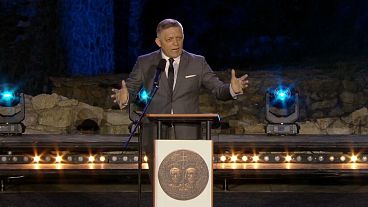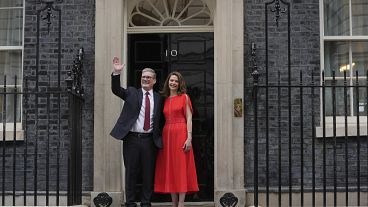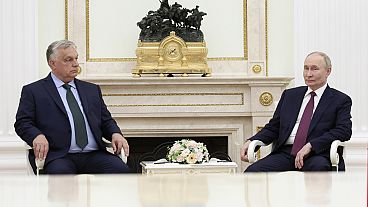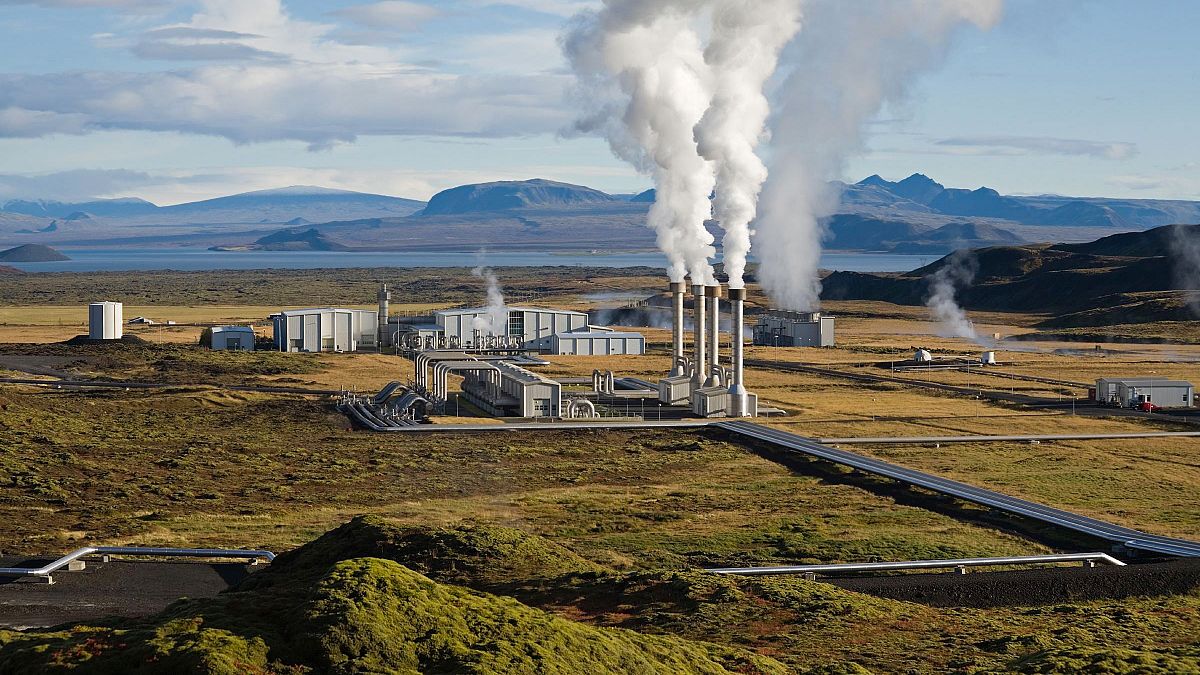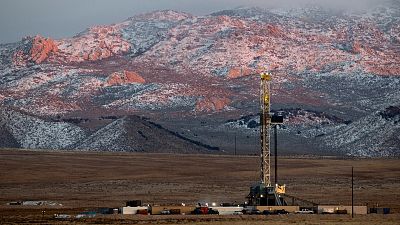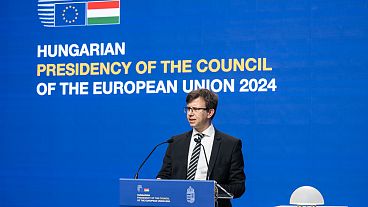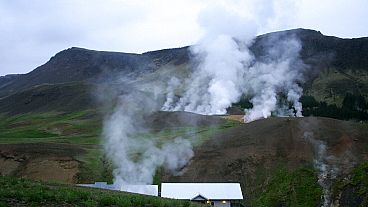Shortly after kicking-off the rotating EU Presidency seat, Hungary is aligning with Poland to unfold geothermal energy in Europe.
The incoming Hungary EU Presidency will push for bloc-wide approval of an initiative for expansion of geothermal energy by the end of the year to boost certainty in the sector for potential investors, an Hungarian official said during an event in Brussels today (July 3).
Addressing a conference organised by the European Geothermal Energy Council (EGEC), Viktor Horváth, deputy state secretary responsible for energy transition in Hungary, said this energy emanating from the Earth’s crust is locally available and will enhance energy security and stressed the importance of making available public data from geological databases across EU countries to give investors much-needed certainty.
Countries such as Austria, Croatia, France, Germany, Hungary, Ireland and Poland have national geothermal roadmaps to support investment and grow their industrial bases, according to EGEC, which estimates around 60 million Europeans receive heating and ten million consume electricity from geothermal sources.
Horváth said Budapest is “working in close cooperation” with the Polish government, which will take the rotating EU Council Presidency from 1 January 2025, and “also wants to put geothermal in their agenda”, to make sure this energy source will feature high in the Council’s agenda.
Hungary boasts great geothermal potential, but only 10% of it is currently being explored, according to the official. “We want to put this [geothermal] in the Council’s agenda and we hope there will be quite a big push,” Horváth told the audience, adding that geothermal has “quite a big potential in Europe” with an untapped market to explore in light of recently adopted EU laws, such as the net-zero industry act, the EU’s plan to invest in domestic clean technologies, including geothermal.
"[Hungary] wants to reduce GHG emissions and since we rely substantially on fossil fuels’ imports we would like to reduce this trend. If we reduce this, we increase Hungary’s energy security,” said Horváth.
Challenges linked to workforce, skills and construction are barriers to unlocking the full potential of geothermal energy, Horváth said, proposing the creation of a European Geothermal Action Plan, to set out future policy followed by a European Geothermal Alliance gathering industry, policymakers and civil society.
"Together with Poland, we would like to emphasise this action plan to enhance the geothermal potential that we have… in terms of regulation and financing, we want to streamline geothermal energy production with mining, thermal water management and environmental protection,” said Horváth.
Such proposals will be added into the member states’ agenda to be discussed at Council level, the Hungarian said.
"We need to move member states without financing schemes to move in this direction as well,” he added, alluding to financial support similar to the hydrogen bank created by the EU executive.
Daniel Mes, from the cabinet of EU Climate Commissioner Wopke Hoekstra, said investors were clearly attracted by the potential output of geothermal energy, but he backed Horváth’s call, saying more certainty is needed, adding that “sending investments into a dead alley is not the smart way”.
“We need to look at how to invest this business case, how to invest on drilling, push permitting and share best practices on safety and public acceptance,” said Mes. “The drilling certainty needs to happen quickly, it’s not an issue of public awareness but permitting.”
Underground and permitting safety will have different approaches depending on the country’s geological features, Mes added, giving examples such as the Netherlands, where drilling needs to go deeper, and Iceland, where the process should be smoother.
“I like the [European geothermal] alliance idea, it’s a good place to share best practices and to move forward according to the needs of each member state,” Mes said.


